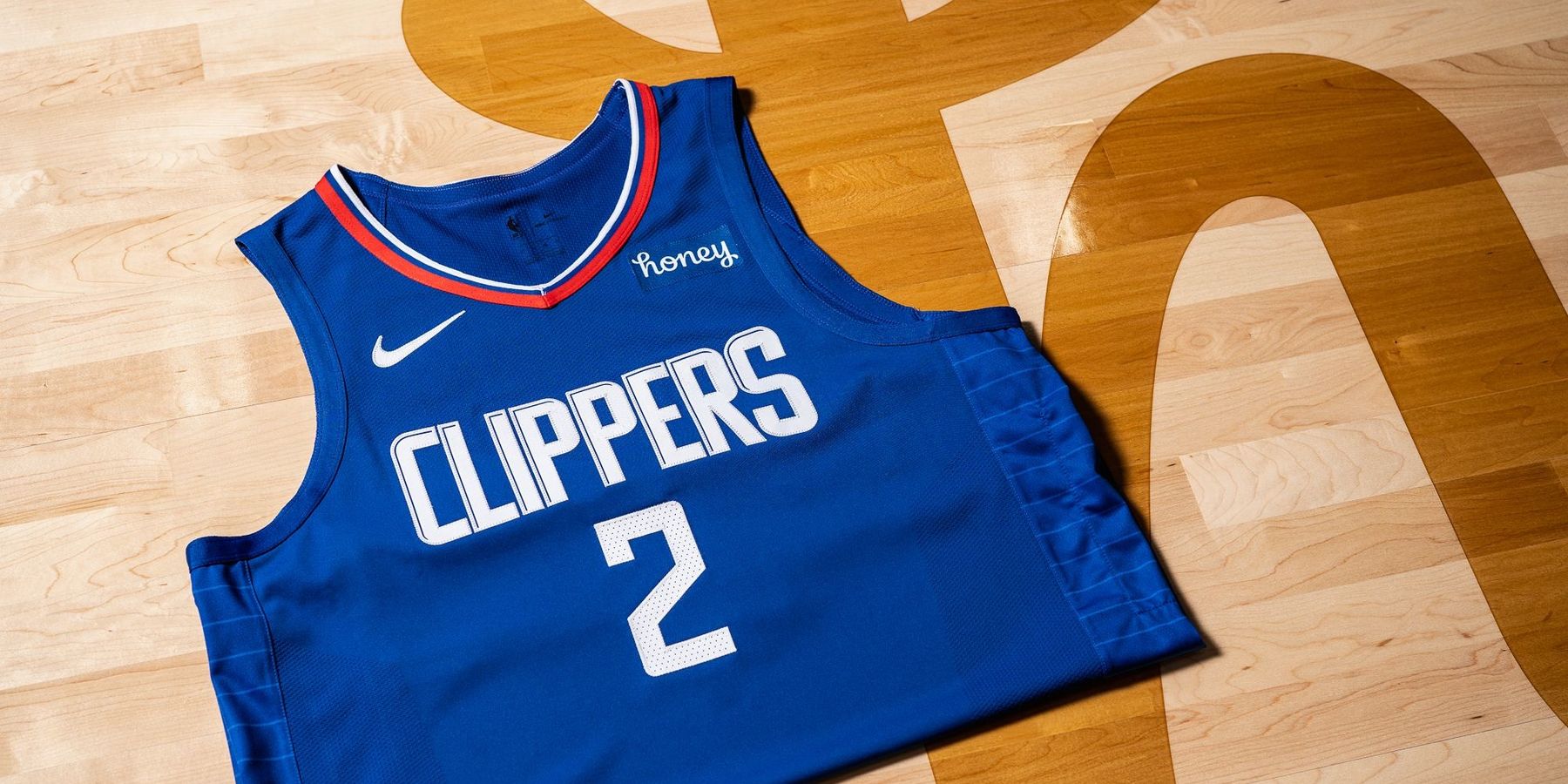

Get in the KNOW
on LA Startups & Tech
X
Illustration by Ian Hurley
What Are LA’s Hottest Startups of 2022? See Who VCs Picked in dot.LA’s Annual Survey
Harri Weber
Harri is dot.LA's senior finance reporter. She previously worked for Gizmodo, Fast Company, VentureBeat and Flipboard. Find her on Twitter and send tips on L.A. startups and venture capital to harrison@dot.la.
In Los Angeles—like the startup environment at large—venture funding and valuations skyrocketed in 2021, even as the coronavirus pandemic continued to surge and supply chain issues rattled the economy. The result was a startup ecosystem that continued to build on its momentum, with no shortage of companies raising private capital at billion-dollar-plus unicorn valuations.
In order to gauge the local startup scene and who’s leading the proverbial pack, we asked more than 30 leading L.A.-based investors for their take on the hottest firms in the region. They responded with more than two dozen venture-backed companies; three startups, in particular, rose above the rest as repeat nominees, while we've organized the rest by their amount of capital raised as of January, according to data from PitchBook. (We also asked VCs not to pick any of their own portfolio companies, and vetted the list to ensure they stuck to that rule.)
Without further ado, here are the 26 L.A. startups that VCs have their eyes on in 2022.
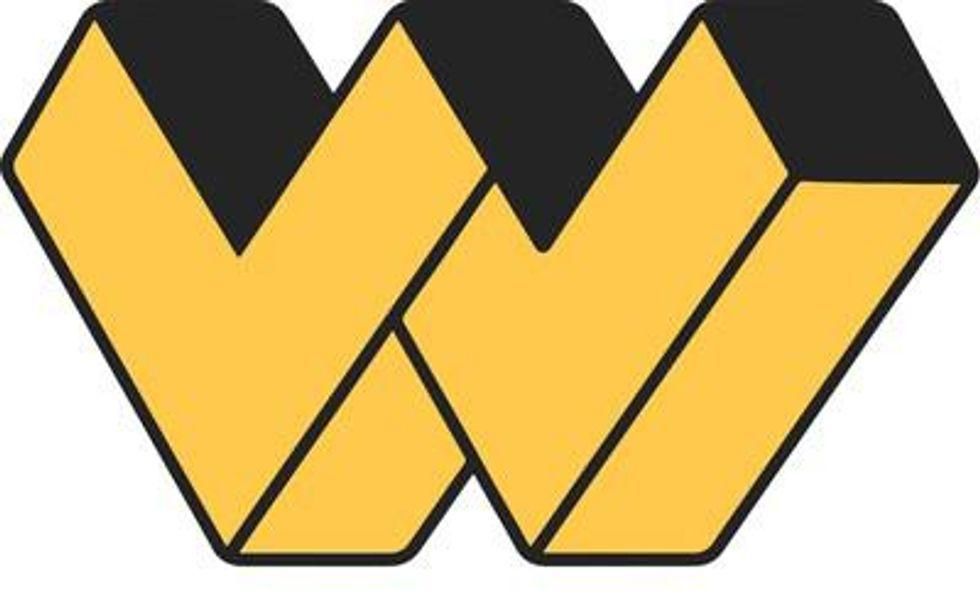
1. Whatnot ($225.4 million raised)
Whatnot was the name most often on the minds of L.A. venture investors—understandably, given its prolific fundraising year. Whatnot raised some $220 million across three separate funding rounds in 2021, on the way to a $1.5 billion valuation.
The Marina del Rey-based livestream shopping platform was founded by former GOAT product manager Logan Head and ex-Googler Grant LaFontaine. The startup made its name by providing a live auction platform for buying and selling collectables like rare Pokémon cards, and has since expanded into sports memorabilia, sneakers and apparel.
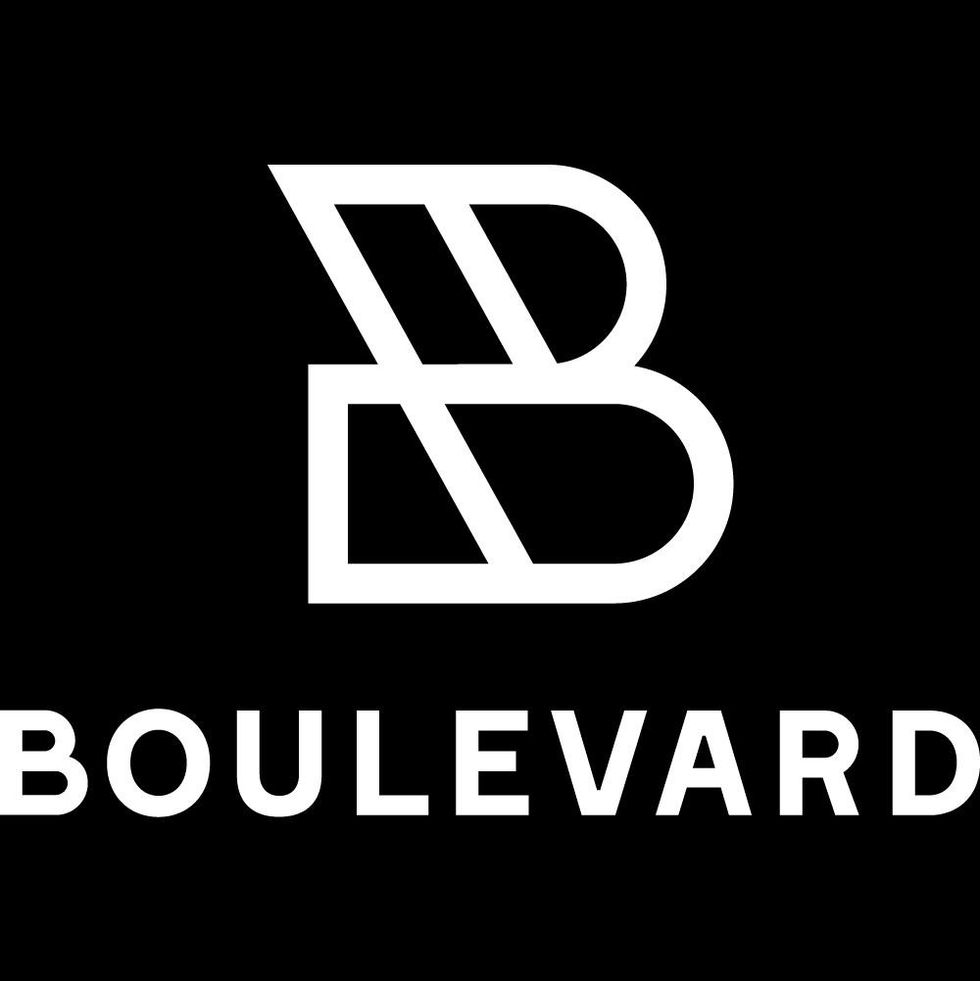
2. Boulevard ($40.3 million raised)
Boulevard’s backers include Santa Monica-based early-stage VC firm Bonfire Ventures, which focuses on B2B software startups. The Downtown-based company fits nicely within that thesis; Boulevard builds booking and payment software for salons and spas. The firm has worked with prominent brands such as Toni & Guy and HeyDay.

3. GOAT ($492.7 million)
GOAT launched in 2015 as a marketplace to help sneakerheads authenticate used Air Jordans and other collectible shoes. It has since grown at a prolific rate, expanding into apparel and accessories and exceeding $2 billion in merchandise sales in 2020. The startup sealed a $195 million funding round last summer that more than doubled its valuation, to $3.7 billion.
The Best of the Rest
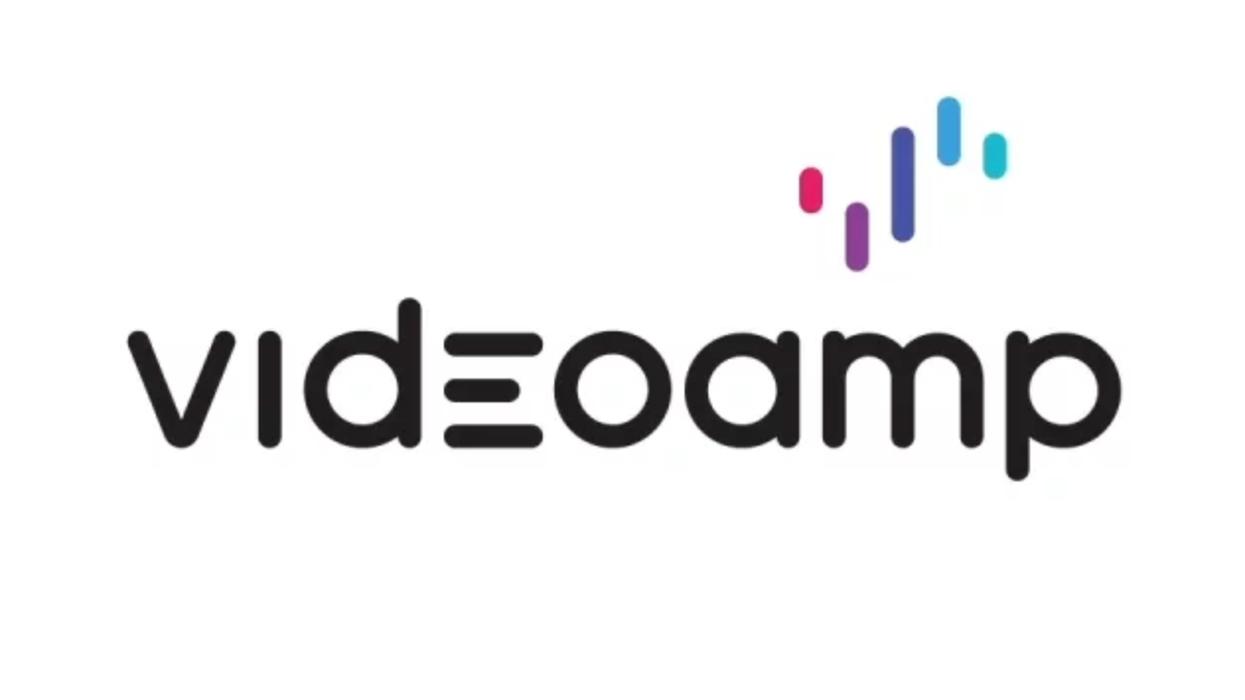
VideoAmp ($578.6 raised)
Nielsen competitor VideoAmp gathers data on who's watching what across streaming services, traditional TV and social apps like YouTube. The company positions itself as an alternative to so-called "legacy" systems like Nielsen, which it says are "fragmented, riddled with complexity and inaccurate." In addition to venture funding, its total funding figure includes more than $165 million in debt financing.

Mythical Games ($269.4 million raised)
Seizing on the NFT craze, Mythical Games is building a platform that powers the growing realm of “play-to-earn games.” Backed by NBA legend Michael Jordan and Andreessen Horowitz, the Sherman Oaks-based startup’s partners include game publishers Abstraction, Creative Mobile and CCG Lab.

FloQast ($202 million raised)
FloQast founder Michael Whitmire says he got a “no” from more than 100 investors in the process of raising a seed round. Today, the accounting software company is considered a unicorn.

Nacelle ($70.8 million raised)
Nacelle produces docuseries, books, comedy albums and podcasts. The media company’s efforts include the Netflix travel series “Down To Earth with Zac Efron.”
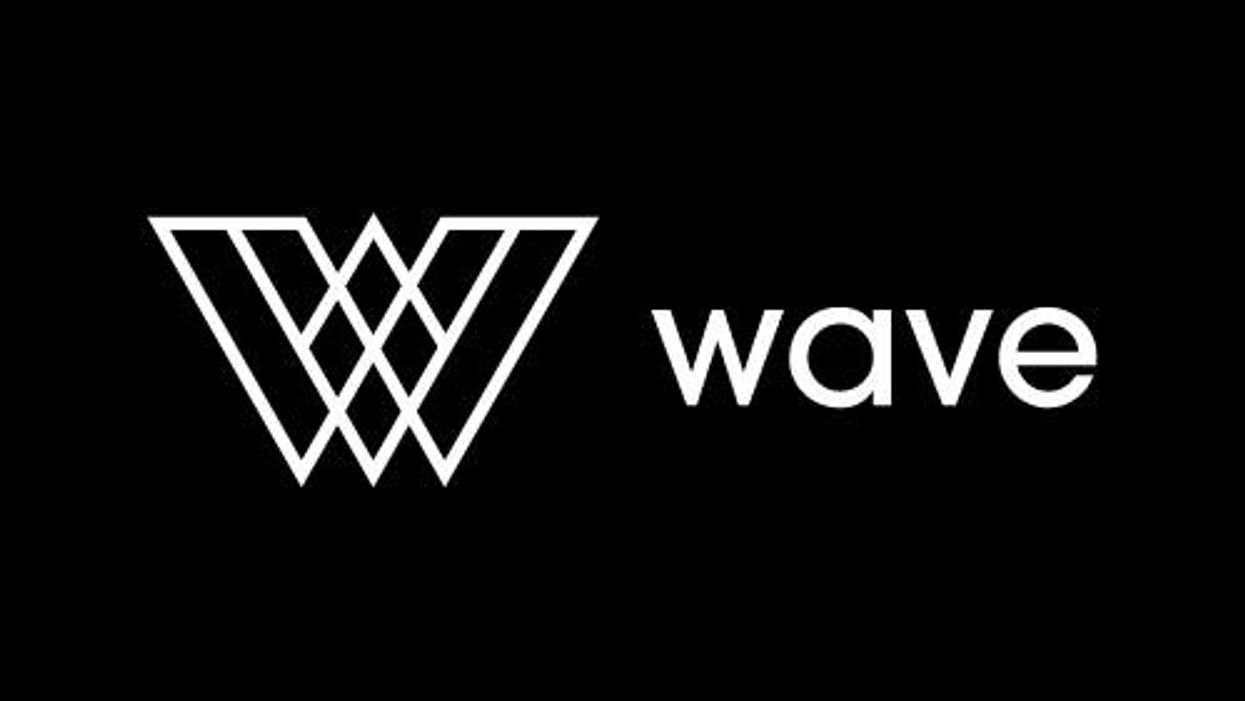
Wave ($66 million raised)
A platform for virtual concerts, Wave has hosted performances by artists including Justin Bieber, Tinashe and The Weeknd. The company says it has raised $66 million to date from the likes of Warner Music and Tencent.
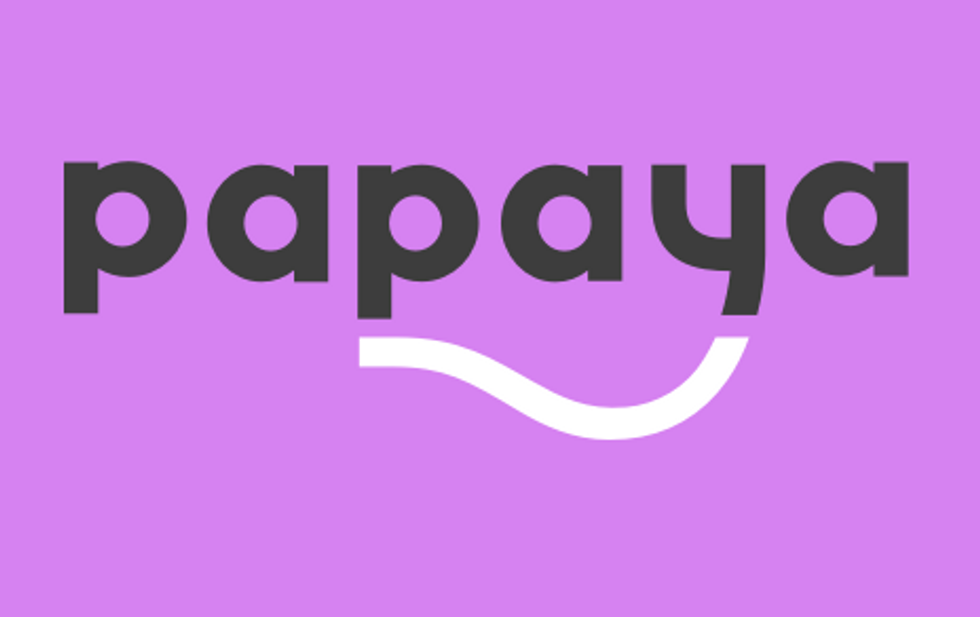
Papaya ($65.2 million raised)
Sherman Oaks-based Papaya looks to make it easier to pay “any” bill—from hospital bills to parking tickets—via its mobile app.
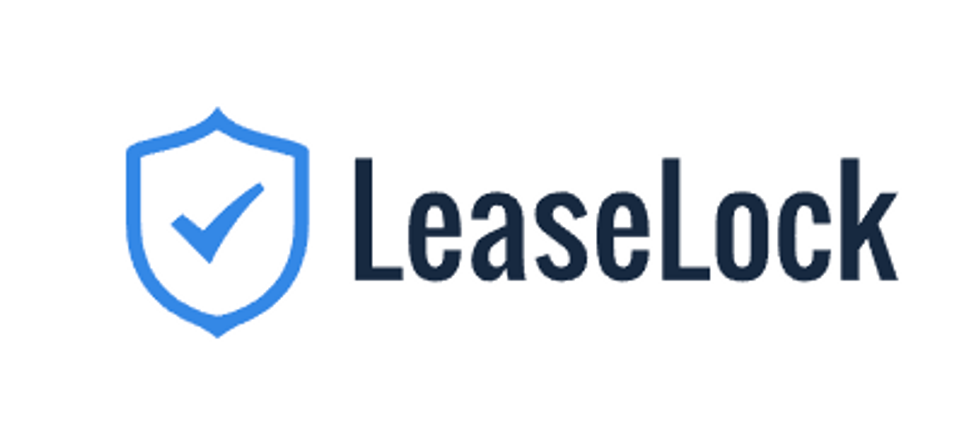
LeaseLock ($63.2 million raised)
Based in Marina del Rey, LeaseLock says it’s on a mission to eliminate security deposits for apartment renters.
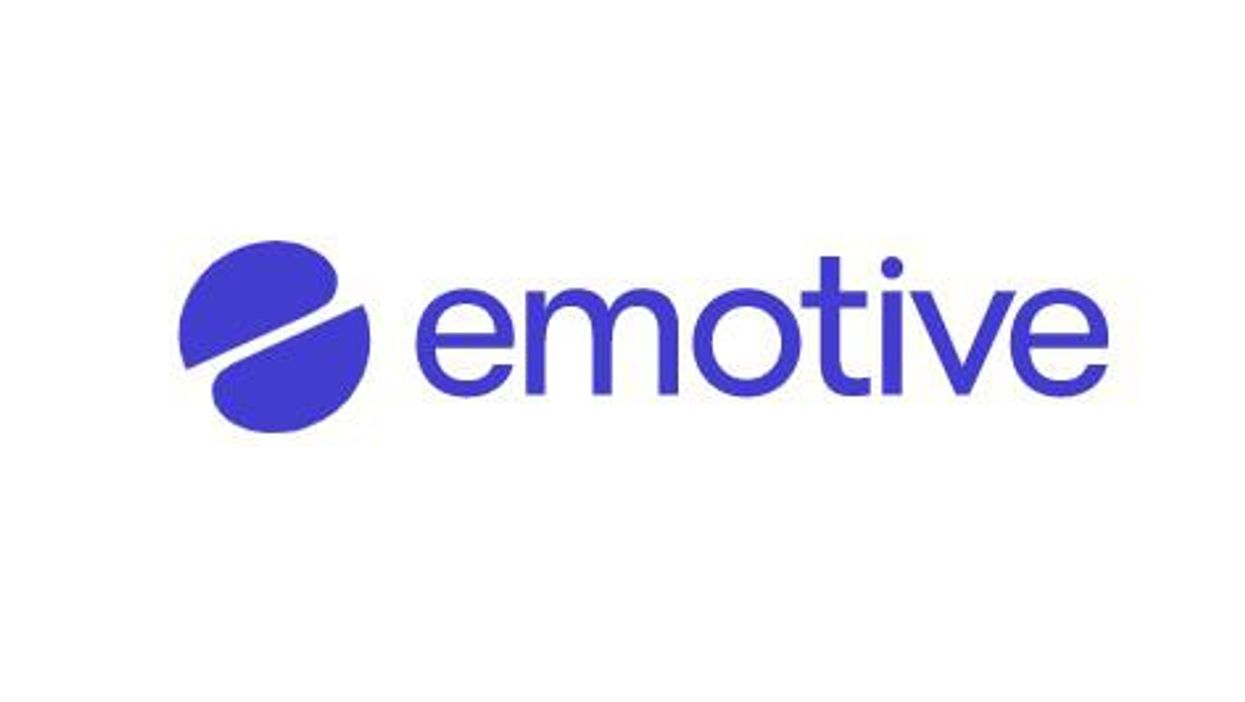
Emotive ($58.1 million raised)
Emotive sells text message-focused marketing tools to ecommerce firms like underwear brand Parade and men's grooming company Beardbrand.
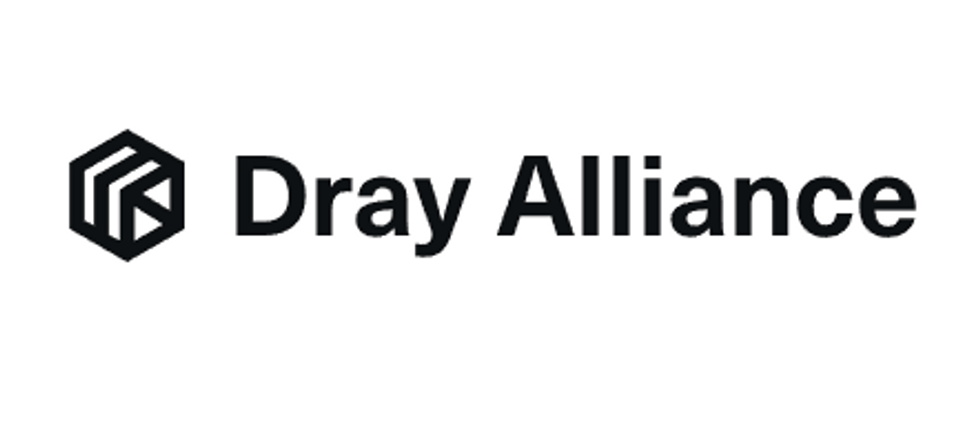
Dray Alliance ($55 million raised)
Based in Long Beach, Dray says its mission is to “modernize the logistics and trucking industry.” Its partners include Danish shipping company Maersk and toy maker Mattel.
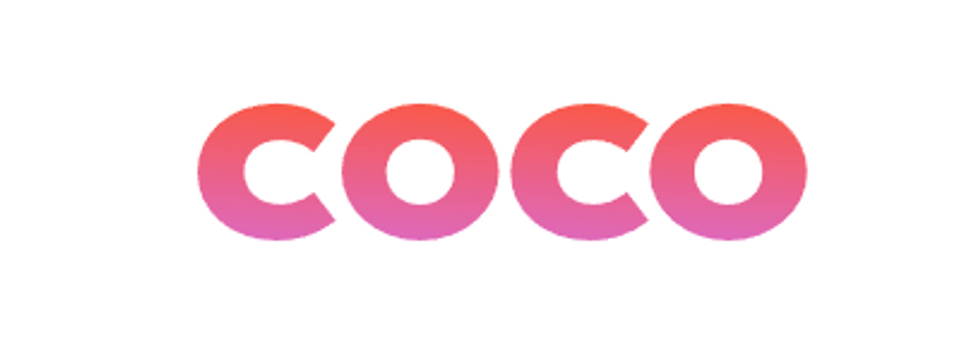
Coco ($43 million raised)
Coco makes small pink robots on wheels (you may have seen them around town) that deliver food via a remote pilot. Its investors include Y Combinator and Silicon Valley Bank.
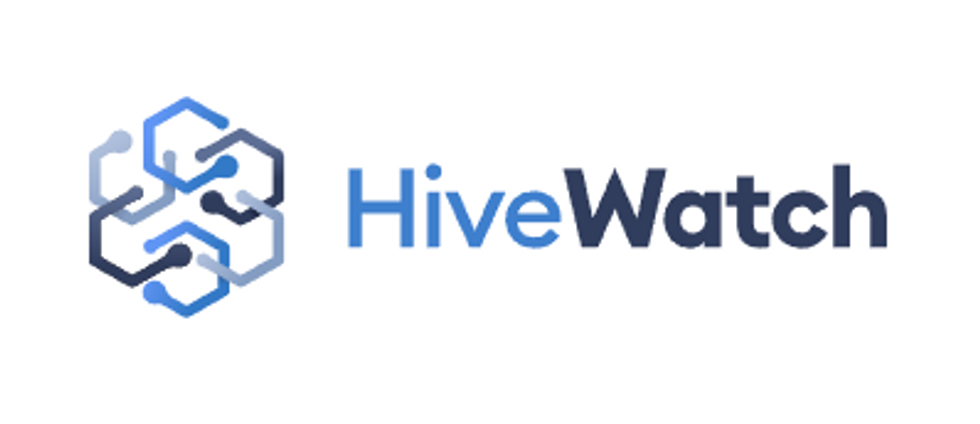
HiveWatch ($25 million raised)
HiveWatch develops physical security software. Its investors include former Twitter executive Dick Costollo and NBA star Steph Curry’s Penny Jar Capital.

Popshop ($24.5 million raised)
Whatnot competitor Popshop is betting that live-shopping is the future of ecommerce. The West Hollywood-based firm focuses on collectables such as trading cards and anime merchandise.
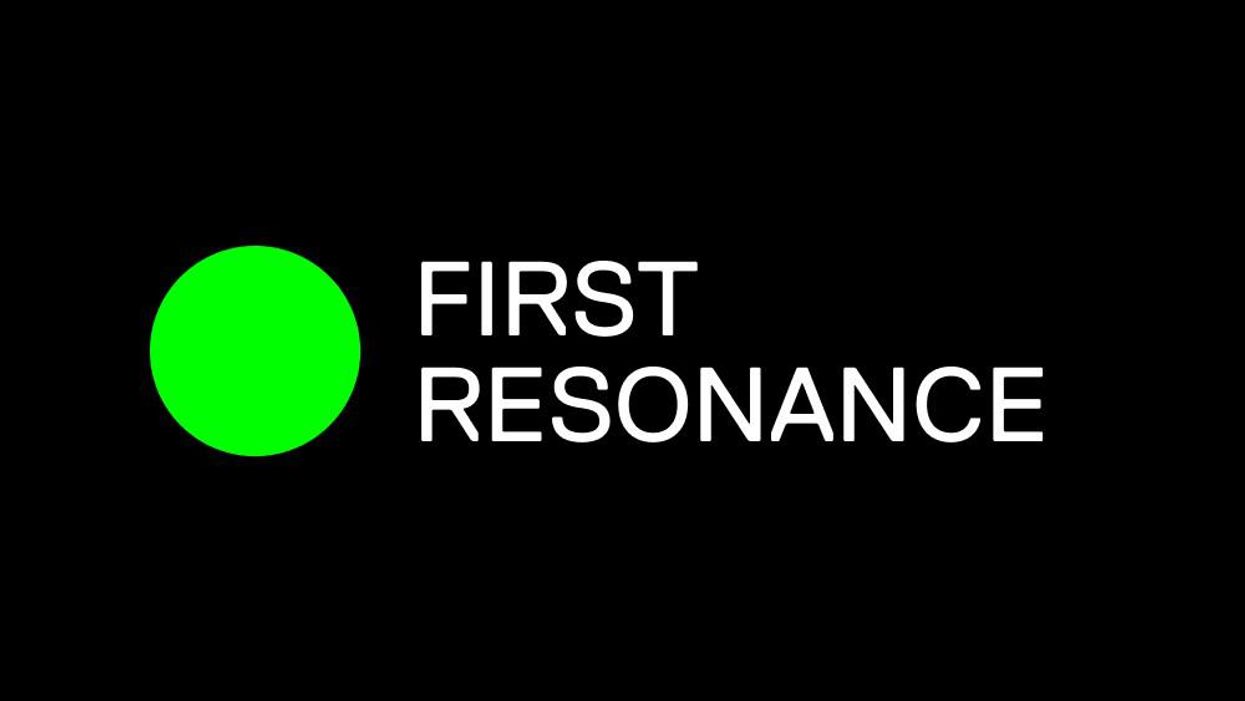
First Resonance ($19.4 million raised)
Founded by former SpaceX engineer Karan Talati, First Resonance runs a software platform for makers of electric cars and aerospace technology. Its clients include Santa Cruz-based air taxi company Joby Aviation and Alameda-based rocket company Astra.
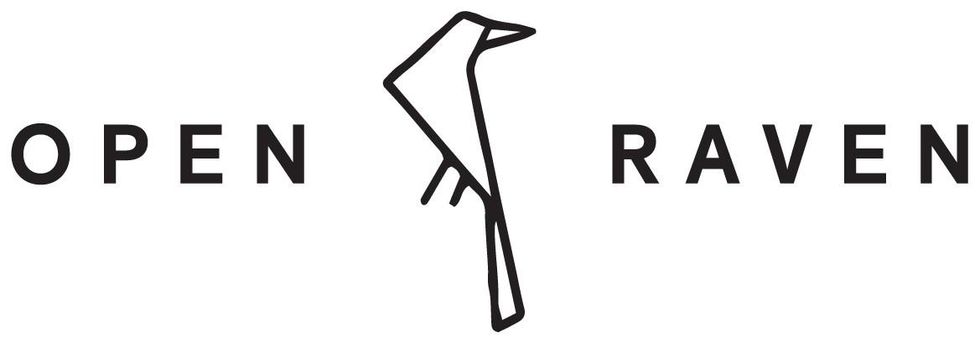
Open Raven ($19 million raised)
Founded by Crowdstrike and Microsoft alums, Open Raven aims to protect user data. The cybersecurity firm’s investors include Kleiner Perkins and Upfront Ventures.
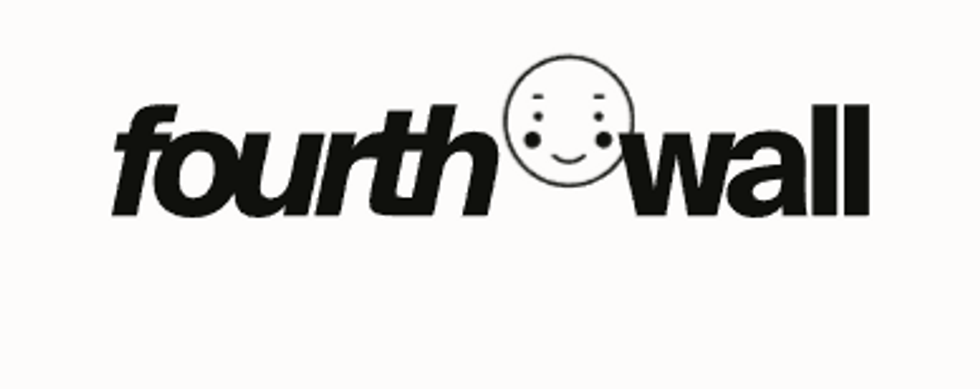
Fourthwall ($17 million raised)
When an actor faces the camera and speaks directly to the audience, it’s known as “breaking the fourth wall.” Named after the trope, Venice-based Fourthwall offers a website builder that’s designed for content creators.

The Non Fungible Token Company ($15 million raised)
The Non Fungible Token Company creates NFTs for musicians under the name Unblocked. Its investors include Jay Z’s Marcy Venture Partners and Shawn Mendez.

Safe Health Systems ($15 million raised)
Backed by Mayo Clinic Ventures, Safe Health develops telehealth software and offers tools for enterprises to launch their own health care apps.

Intro ($11.6 million raised)
Intro’s app lets you book video calls with experts—from celebrity stylists, to astrologists, to investors.
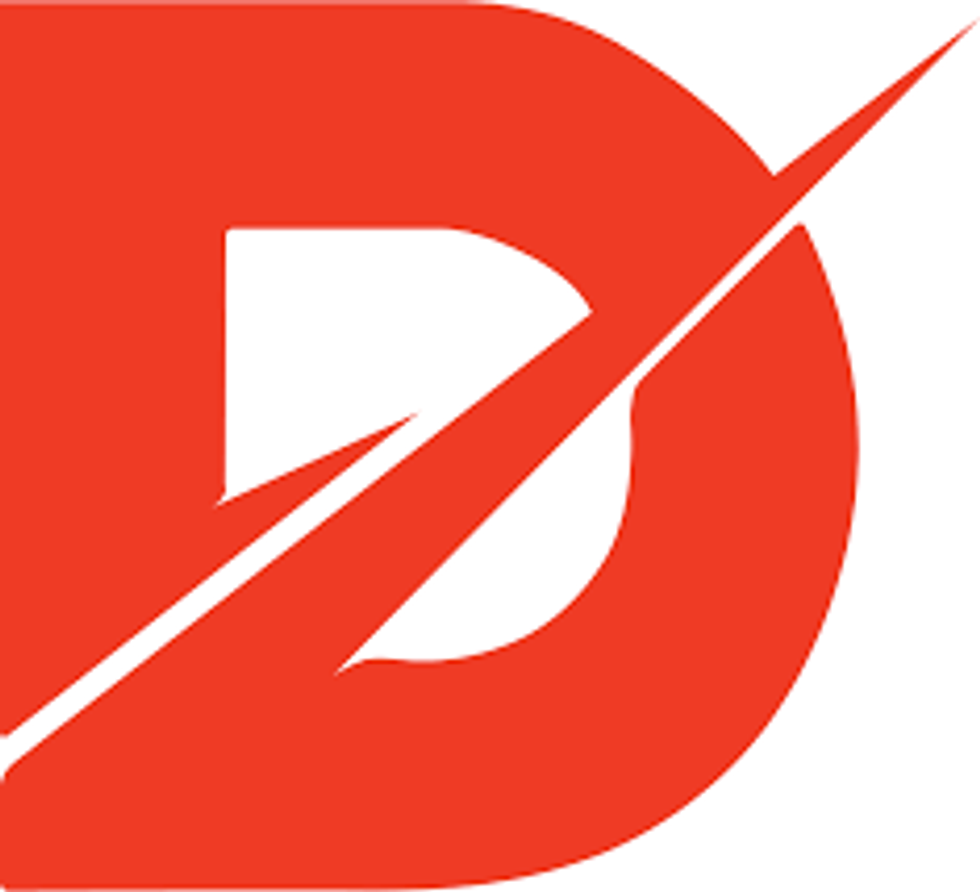
DASH Systems ($8.5 million raised)
With the tagline “Land the package, not the plane,” DASH Systems is a Hawthorne-based shipping company that builds hardware and software for automated airdrops.

Ettitude ($3.5 million raised)
With a focus on sustainability, Ettitude is a direct-to-consumer brand that sells bedding, bathroom textiles and sleepwear.

Afterparty ($3 million raised)
Along similar lines as Unblocked, Afterparty creates NFTs for artists and content creators such as Clay Perry and Tropix.

Heart to Heart ($0.75 million raised)
Heart to Heart is an audio-focused dating app that “lets you listen to the story behind the pictures in a profile.” Precursor Ventures led the pre-seed funding round.

Frigg (undisclosed)
Frigg makes hair and beauty products that contain cannabinoids such as CBD. The Valley Village-based company raised an undisclosed seed round in August.
From Your Site Articles
- The Early-Stage Startups in LA Set to Take Off in 2021 - dot.LA ›
- Los Angeles Startups Closed a Record Number of Deals in Q3 - dot.LA ›
- dot.LA's Map of Startups in Los Angeles - dot.LA ›
- The Hottest LA Startups of 2020 - dot.LA ›
- Los Angeles Cleantech Incubator Launches Green Loan Fund - dot.LA ›
- dot.LA's Guide on L.A. Flight Startups Overair, Archer Aviation - dot.LA ›
- Here Are LA’s Hottest Startups for 2023 - dot.LA ›
- Nobody Studios Plans to Build 100 Startups in Five Years - dot.LA ›
- From GameTree to Sota — Ukrainian Founders Call LA Home - dot.LA ›
Related Articles Around the Web
Harri Weber
Harri is dot.LA's senior finance reporter. She previously worked for Gizmodo, Fast Company, VentureBeat and Flipboard. Find her on Twitter and send tips on L.A. startups and venture capital to harrison@dot.la.
Coronavirus Updates: California Unemployment Claims at 1.9M; L.A. Amazon Worker Contracts Covid-19; Disney Initiates Furloughs
03:19 PM | April 02, 2020
Here are the latest headlines regarding how the novel coronavirus is impacting the Los Angeles startup and tech communities. Sign up for our newsletter and follow dot.LA on Twitter for the latest updates.
Today:
- Amazon Warehouse Worker in L.A. Tests Positive, As Company Struggles with Covid-19
- USC Shows (and Ranks) L.A. Neighborhoods With COVID-19 Cases
- Gov. Newsom to small businesses: "Let's get ahead of the queue"
- L.A. County records 78 deaths, cases top 4,000
- Patrick Soon-Shiong wants to buy shuttered hospital, convert to COVID-19 command center
- Disney announces furloughs amid pandemic, but employees keep healthcare
Disney announces furloughs amid pandemic, but employees keep healthcare

Days after Disney announced top executives would take salary cuts to save money, the entertainment giant notified employees that many of them "whose jobs aren't necessary at this time" will be furloughed. "All impacted workers will remain Disney employees," the company said Thursday, meaning they will continue receiving healthcare benefits as paychecks are cut. Disney has 223,000 workers and is L.A.'s biggest employer. It is expected many of the cuts would come from the company's theme parks that have been closed, and it was not known how many employees would lose their job from the studio and other businesses.
Patrick Soon-Shiong wants to buy shuttered hospital, convert to COVID-19 command center
Dr. Patrick Soon-Shiong, one of L.A.'s richest men, wants to use his family foundation to buy shuttered St. Vincent Medical Center near downtown and convert it into a hospital to treat COVID-19 patients and conduct coronavirus research. The story was first reported by The Los Angeles Times, which Soon-Shiong owns.
The Chan Soon-Shiong Family Foundation has offered to purchase the medical campus out of bankruptcy for $135 million. Terms of the bid were not disclosed. St. Vincent has been closed since January as the sprawling medical facility fell into bankruptcy. All bids for the hospital must be submitted to a judge by Friday. A final hearing on the sale is scheduled later next week.
L.A. County records 78 deaths, cases top 4,000
Another 13 people died of the novel coronavirus in Los Angeles County and officials logged 534 new cases on Thursday, pushing the total number of people that tested positive past 4,000.
So far, 78 people have died in the county. Of the most recent deaths, 12 were over the age of 65, while one was between 41 and 65. With the exception of one individual over 65, all had underlying health conditions.
The daily count of COVID-19-positive individuals increased by 1,000 in the past 48 hours, bringing to the total to 4,045.
The increasing number has put strain on hospitals. Los Angeles County Public Health Director Barbara Ferrer said that about 22% of positive cases in L.A. have required hospitalization at some point. As of Thursday, 241 individuals were in hospital beds — about two thirds of them had no underlying health conditions, Ferrer said. She said there are five COVID-19 patients now in intensive care that are under 35 and a couple have no underlying health conditions.
Statewide, the death toll rose past 200 and on Wednesday. In a sign of just how concerned officials are, Los Angeles Mayor Eric Garcetti urged the city's 4 million residents on Wednesday to wear protective face covering to stem the spread of the fast-moving virus. To punctate his point, he donned a black mask, saying "I know it will look surreal. We're going to have to get used to seeing each other like this."
The news comes as new cases have emerged among the homeless and jailed population — both groups officials have been closely monitoring. There have been nine cases among homeless. At the county jail, seven individuals have tested positive, including one inmate. At the Lancaster State Prison, six inmates have the virus. Two homeless shelters have also reported Covid-19 cases.
Gov. Newsom to small biz: "Let's get ahead of the queue"

California Governor Gavin Newsom spoke directly to state business owners in his daily coronavirus address on Thursday, briefing them on several new statewide programs, and imploring them to begin the process of registering for federal help. Since March 12, 1.9 million Californians have applied for unemployment insurance, he said.
Newsom introduced two actions he says will help make it easier for small businesses in California to get back on their feet. The first is an interest-free, no-penalty deferral of taxes for up to $50,000 for one year. The governor called that a "bridge loan" to help businesses recover.
The second is a $50M program to provide loans for California businesses who, for one reason or another, don't qualify for federal assistance.
Newsom also strongly encouraged businesses to sign up for the federal programs that will provide grants and loans to struggling businesses. Registration for those programs open tomorrow.
Newsom stressed it's "profoundly important" people fill out their forms as soon as possible, in particular for the "paycheck protection program," a grant program that allows businesses who keep paying at least 75% of their employees to be reimbursed by the federal government.
"Let's get ahead of the queue," he said.
Newsom also touted an effort led by Fresno-based jobs site Bitwise to match unemployed Californians with jobs in high demand called OnwardCa.org. The site, he said, is prioritizing four industries in particular: healthcare, agriculture, logistics, and grocers.
USC Shows (and Ranks) L.A. 'Hoods With COVID-19 Cases
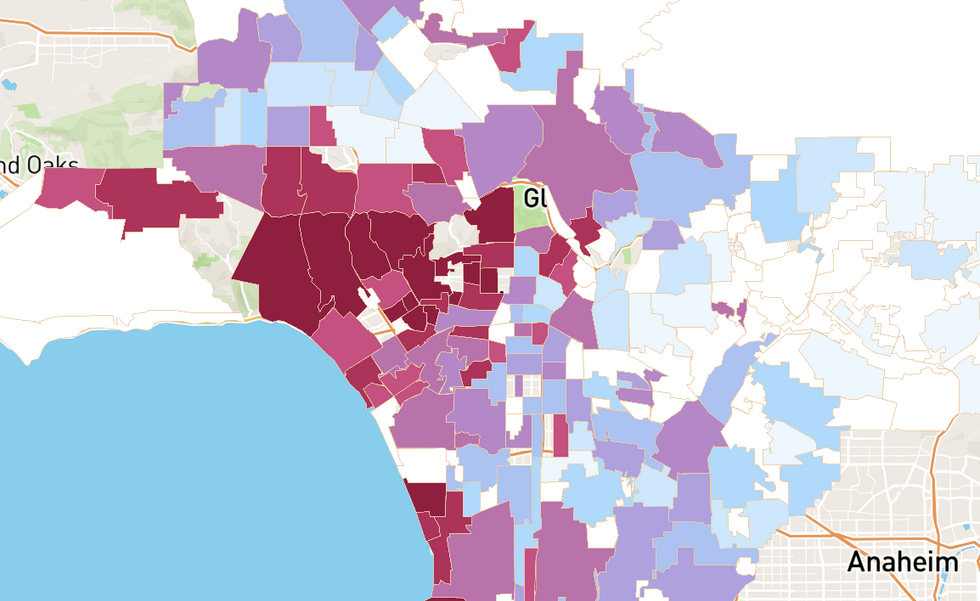 Tami Abdollah
Tami AbdollahLos Angeles locals have always known it is a city of neighborhoods, but this novel coronavirus has made that especially clear. The official lines on where neighborhoods begin and end, and where cases are to be found, have never seemed so murky.
On Thursday, the USC Viterbi School of Engineering released two new COVID-19 data visualizations that aim to make at least where COVID-19 cases are being found, more clear. Read more >>
Amazon Warehouse Worker in L.A. Tests Positive, As Company Struggles with Covid-19
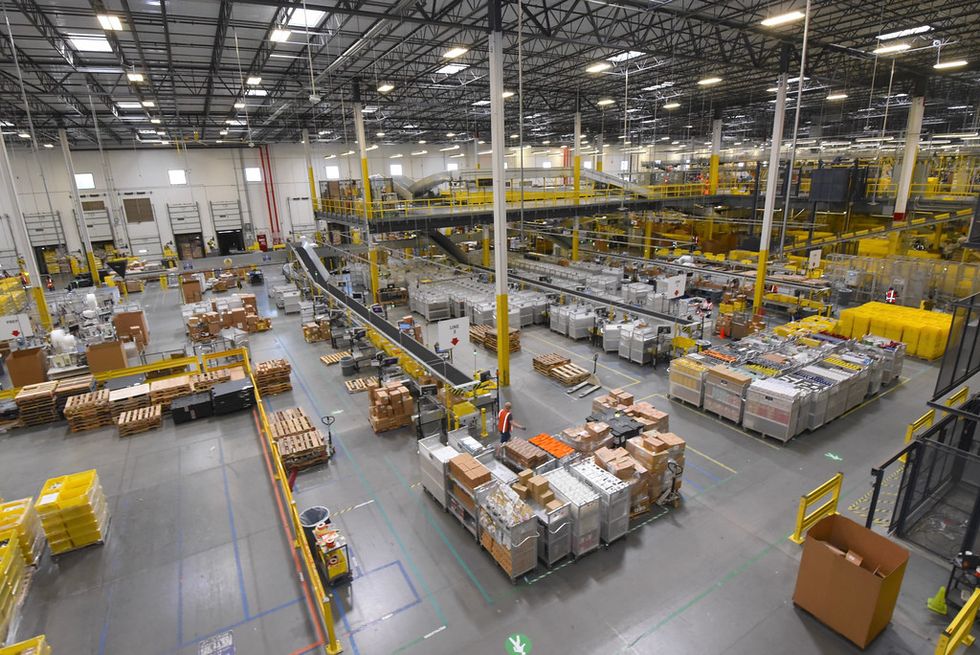 Monica Nickelsburg, GeekWire
Monica Nickelsburg, GeekWireAt least 30 of the fulfillment centers that power Amazon's e-commerce business have outbreaks of COVID-19, according to news reports and employee accounts. The most recent case in Los Angeles was reported Wednesday, when Amazon confirmed to City News Service that an employee at their warehouse in Atwater Village has tested positive for COVID-19. The mounting cases are sparking walkouts, frustration, and an unprecedented challenge for a tech company that finds itself at the center of the coronavirus pandemic. Read more >>
From Your Site Articles
- Coronavirus Updates: LAUSD Closes, Apple Developer Summit ... ›
- Los Angeles Coronavirus Updates - dot.LA ›
- Startup Aims to Produce 10000 COVID-19 Kits a Day at Los Angeles ... ›
- Coronavirus Updates: Say Goodbye to Hollywood? - dot.LA ›
- Coronavirus Updates: Trump Jumps Into Elon Musk Tweetstorm on Pandemic Reopening - dot.LA ›
- Atom Tickets is Optimistic About Movie Theaters' Future - dot.LA ›
- Disney Lays Off 28,000 at U.S. Theme Parks - dot.LA ›
- LA Optimized Aims to Get City's Small Business to Ecommerce - dot.LA ›
- Are Startups Covered by the Paycheck Protection Program? - dot.LA ›
- Amazon Is Building a Machine Learning Research Center at USC - dot.LA ›
- Amazon Employs More People in California than Anywhere Else - dot.LA ›
Related Articles Around the Web
Read moreShow less
LA Clippers Launch Dedicated 'ClipperVision' Streaming Service
02:14 PM | October 17, 2022
LA Tech Darling Honey Will Adorn Clippers Jerseys This Year
A new streaming service unveiled by the LA Clippers this morning reflects the philosophy of the franchise’s chairman, former Microsoft CEO Steve Ballmer, about the role the NBA and its teams should play in shaping the digital viewing experience.
“We need to define the future of watching basketball,” Ballmer said in an interview with GeekWire. “We’ll always do a better job of that than any distribution partner. Whether we distribute directly or through an ESPN or a TNT or an Amazon, or whoever gets into the business of distributing these things, the experience that makes this the best basketball possible will come, I believe, from our league.”
Called ClipperVision, the new service costs $199.99 per year. Available only to viewers in the Los Angeles market, it will provide access to all the team’s games except those broadcast nationally.
The strategy is the sports equivalent of a retail brand selling directly to consumers as an alternative to traditional distribution channels, establishing a tighter connection to their customers or fans.
However, the new Clippers’ service will also grapple with a growing trend of subscription fatigue as consumers become weary of all the monthly services needed to access different slices of content.
Nonetheless, , Ballmer said the approach reflects ongoing trends in media consumption.
“I think the world’s going to mass personalization, mass customization,” he said, explaining that he sees no reason to fight that trend. “Every other aspect of content is going that direction.”
The ability to stream games in the LA area is a major difference from the NBA’s $99.99/year League Pass, which doesn’t let fans watch games in their local markets due to restrictions built into regional TV deals.
Enabled by New TV Contract
For the Clippers, Ballmer said, gaining the ability to launch the service was a “fundamental part” of the team’s recent contract renewal with Bally Sports, which distributes Clippers games and is also launching its own streaming service.
ClipperVision is built on the NBA’s NextGen platform and other shared technologies, with a “clear path” for other teams to launch their own services if they wish, using their own variations on the approach, Ballmer said.
Bally Sports, a subsidiary of Sinclair Broadcast Group, also holds the television rights to more than 20 other teams as part of its regional sports networks. Ballmer declined to speculate when asked if other NBA teams would use the Clippers’ new contract as a blueprint for their own renegotiations.
ClipperVision offers six viewing modes, including the team’s CourtVision augmented reality experience; Korean- and Spanish-language streams; and a live commentary mode called BallerVision, featuring former Clippers players such as Jamal Crawford, Baron Davis, and Paul Pierce, with guest appearances by Ballmer and celebrities.
BallerVision - Clippersyoutu.be
At launch, ClipperVision also comes with a special perk, a limited edition team jacket exclusive to subscribers. Ballmer said it was important to include something “physical and tangible” with the service.
One long-term goal is to unify user accounts across digital and in-person experiences.
“If you want to buy merchandise, or you’re coming into the arena, we already know you, and want to make your experience as personal as possible,” Ballmer said.
Like this year’s closely watched Clippers team, led by star players Kawhi Leonard and Paul George, the organization’s new streaming service is many years in the making.
Evolution of Sports Viewing
Ballmer said he has been thinking about the potential for bringing new levels of interactivity to sports viewing since he was Microsoft CEO. He pointed out that the Microsoft Surface sponsorship deal with the NFL had its origins in talks about interactive Xbox viewing experiences that didn’t pan out at the time.
He was able to explore his ideas further after buying the Clippers for $2 billion in 2014. Ballmer and the Clippers worked with tech company Second Spectrum to launch the CourtVision experience four years ago, with stats, animations and other graphics overlayed on screen in near real-time.
One advantage of the new direct-to-consumer streaming service, Ballmer said, will be the ability to add new capabilities in the future. He cited the hypothetical example of gamifying the experience as something that would be harder in a distribution scenario.
At the same time, the Clippers are still investing heavily in the future of in-person viewing. The team’s new 18,000-person arena, the Intuit Dome, is set to launch for the 2024-25 season in Inglewood, Calif.
In the long run, Ballmer said ClipperVision could become a meaningful source of income for the team, but the bigger priority for now is to control its own destiny in the distribution of content.
Cord-Cutting Continues, and the Metaverse expands
Ballmer is leaning into a broader trend in the way sports fans consume entertainment on small screens. In July 2022, opinion analytics platform Civic Science reported “that of the people who use a sports streaming service, 73% have cut the cord on cable or satellite television.” Watching sports is one big reason behind cord-cutting, according to Civic Science, but many viewers still prefer other streaming services over satellite and cable services, even if they have no interest in sports.
Meanwhile, teams in other sports are striking out with their own singular digital enterprises. The Los Angeles Kings dove headfirst into the metaverse in early 2022 with immersive, VR-friendly video packages, and the St. Louis Blues launched a metaverse shopping experience. In June this year, Los Angeles Lakers icon Earvin Magic Johnson invested in SimWin Sports—an NFT-backed digital sports league made up of virtual teams and athletes playing simulated games. The league hasn’t launched yet but continues to acquire capital and celebrity team owners like Backstreet Boy Nick Carter.
Even though consumers keep cord-cutting in favor of streaming, a recent Nielsen survey indicated 46% of viewers sometimes find themselves overwhelmed by the sheer quantity of available entertainment choices. So—if the Clippers are at the leading edge of a trend that will see more organizations creating dedicated pro team streaming channels as well as establishing metaverse presences, there’s a danger of it all becoming too much of a good thing.
This article first appeared on GeekWire. Steve Huff contributed additional material for publication on dot.LA.
From Your Site Articles
- FaZe Clan Looks to Dominate Global Entertainment - dot.LA ›
- Steve Ballmer Pays $400M to Buy the Forum for Clippers - dot.LA ›
- Honey's Logo Will Adorn Clippers Jerseys This Year - dot.LA ›
- Sony's Spider-Verse Heads to Amazon Prime - dot.LA ›
- Amazon's New Virtual Studio Could Reduce Production Costs - dot.LA ›
- The LA Clippers Are in VR But Not for Angelenos - dot.LA ›
Related Articles Around the Web
Read moreShow less
Todd Bishop, GeekWire
Todd Bishop is GeekWire's co-founder and editor, a longtime technology journalist who covers subjects including cloud tech, e-commerce, virtual reality, devices, apps and tech giants such as Amazon.com, Apple, Microsoft and Google. Follow him @toddbishop, email todd@geekwire.com, or call (206) 294-6255.
RELATEDTRENDING
LA TECH JOBS



